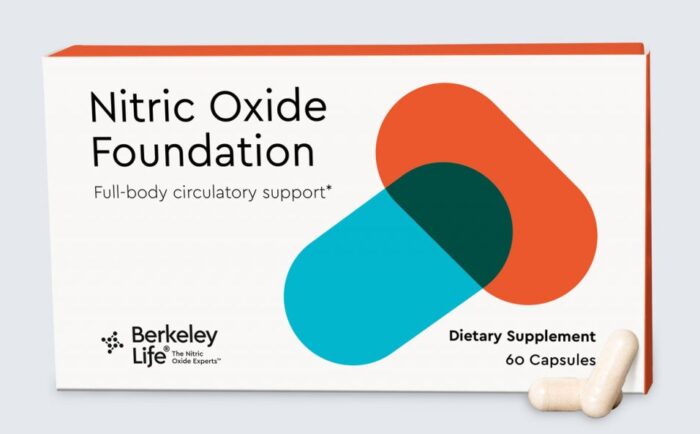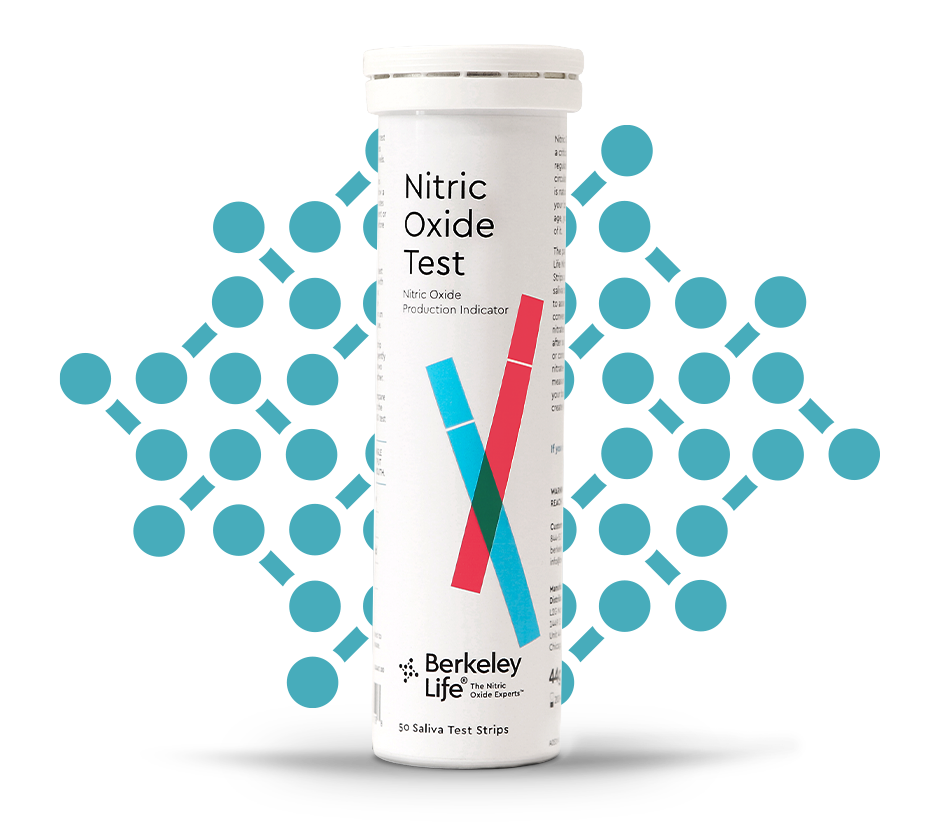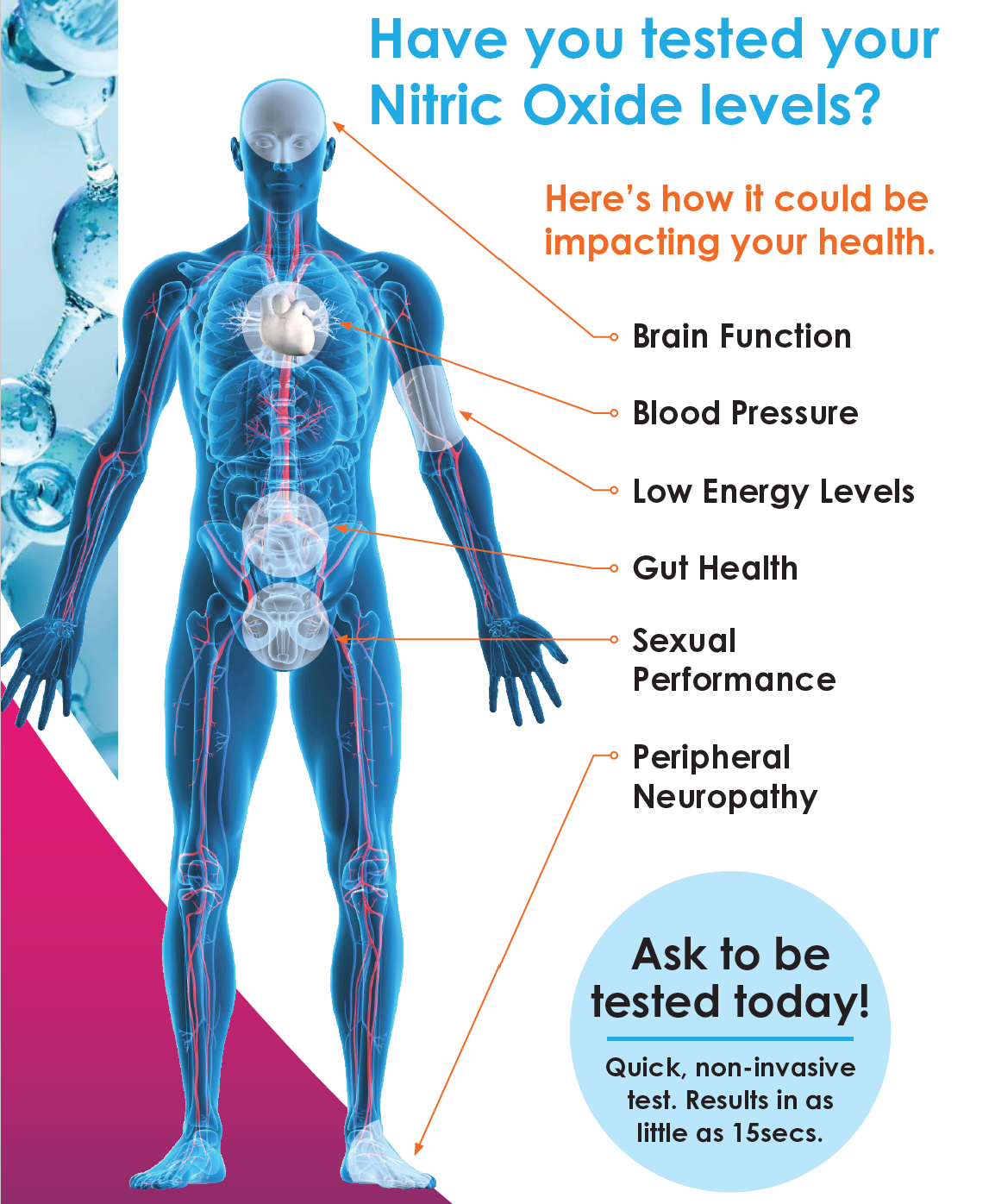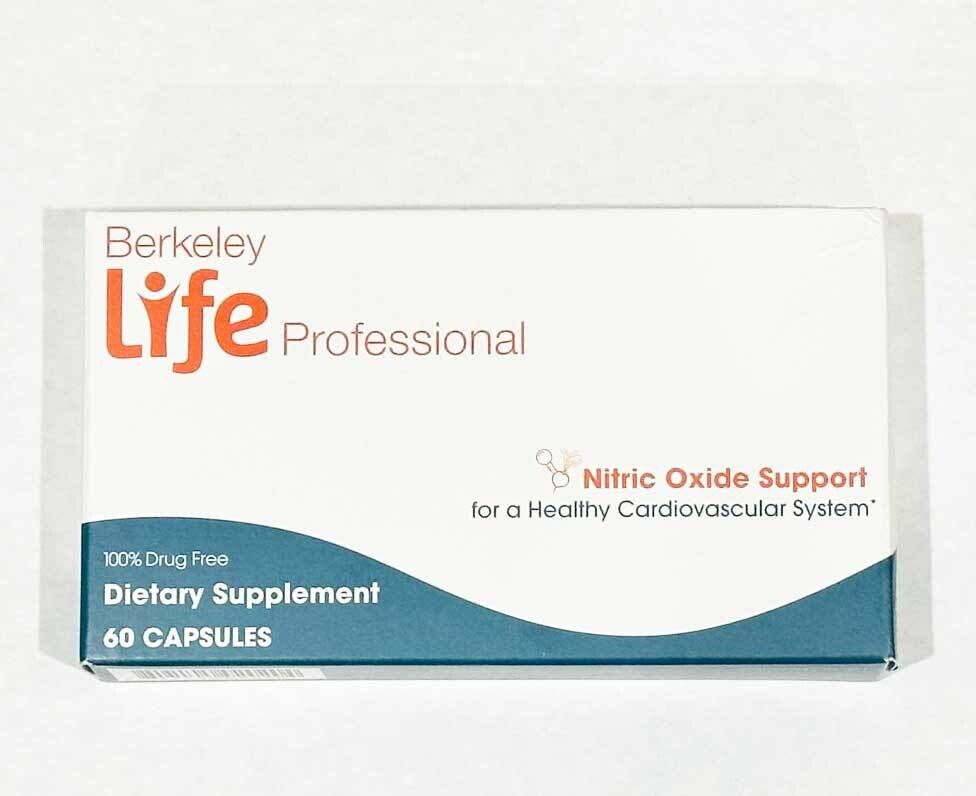Berkeley Life Professional - Nitric Oxide Booster
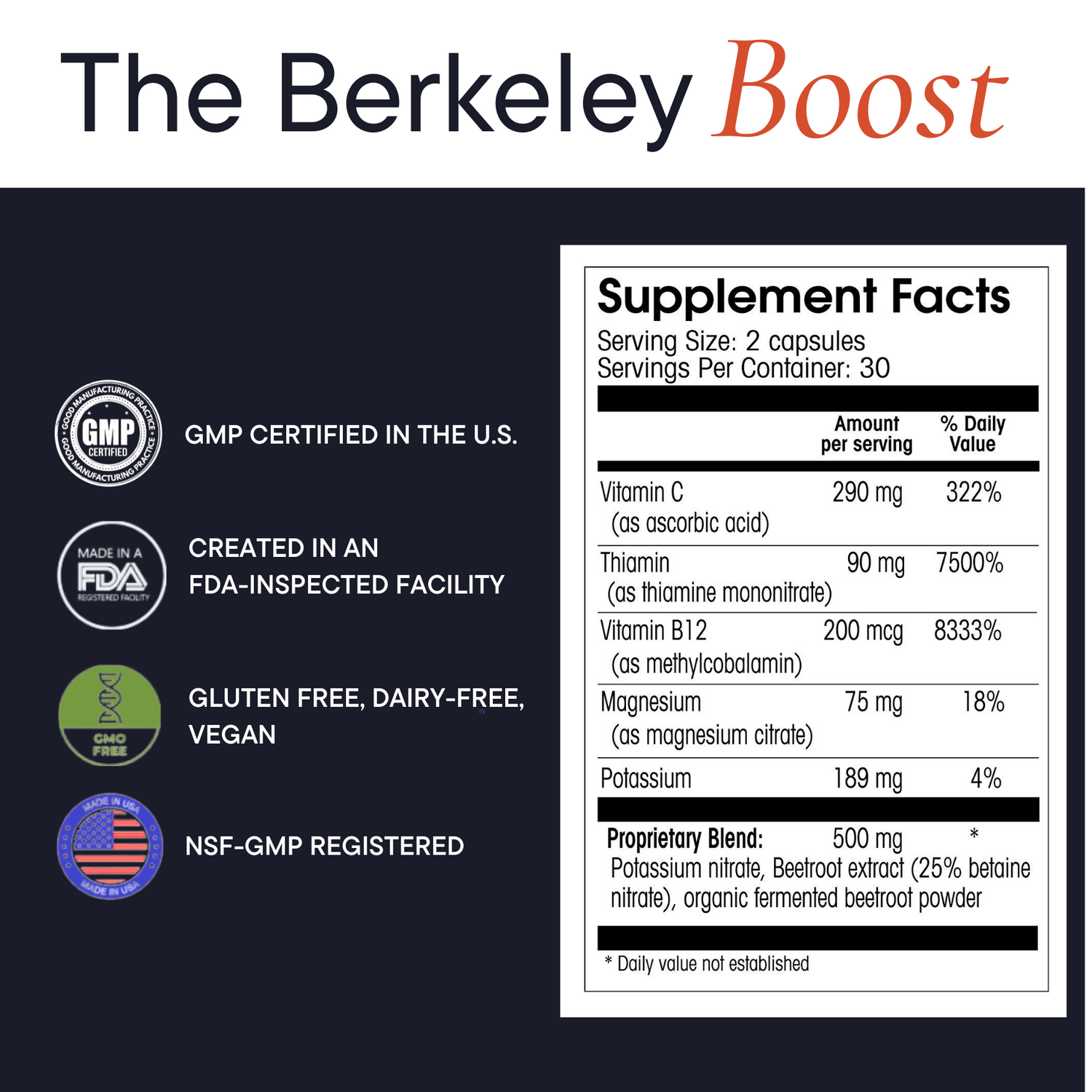
The pursuit of optimal health and longevity has led to an explosion of dietary supplements promising various benefits. Among these, nitric oxide (NO) boosters have gained significant traction, particularly within the health and wellness community. But do these supplements live up to the hype, and what does the science truly say about their efficacy?
This article delves into Berkeley Life Professional, a prominent nitric oxide booster, exploring its purported benefits, scientific backing, potential drawbacks, and expert opinions. We will examine the available research, dissect the ingredients, and provide a balanced perspective on whether this supplement is a valuable addition to a healthy lifestyle or simply another fleeting trend.
Nitric Oxide: The Key Player
Nitric oxide (NO) is a molecule naturally produced by the body, playing a critical role in various physiological processes. It acts as a vasodilator, meaning it helps relax blood vessels, improving blood flow and oxygen delivery throughout the body. This, in turn, can impact cardiovascular health, exercise performance, and even cognitive function.
As we age, our natural NO production declines, potentially leading to various health issues. This decline has fueled the development and popularity of NO boosters, aimed at replenishing or stimulating the body's NO production.
Berkeley Life Professional: An Overview
Berkeley Life Professional is a dietary supplement designed to increase nitric oxide levels in the body. It distinguishes itself from many competitors through its focus on dietary nitrates and nitrites, along with vitamin C.
The supplement typically comes in tablet form and is marketed primarily through healthcare professionals. Its formulation aims to provide a readily available source of the precursors the body needs to produce NO.
Key Ingredients and Their Roles
The core ingredients in Berkeley Life Professional are nitrate from beetroot extract and nitrite from sodium nitrite. These compounds are converted into nitric oxide through a two-step process within the body.
Beetroot extract is a well-known source of dietary nitrate, and its consumption has been linked to improvements in blood pressure and exercise performance. Sodium nitrite, while sometimes controversial due to its association with processed meats, is included in controlled amounts to further boost nitrite levels.
Vitamin C is also present in the formulation, acting as an antioxidant and potentially enhancing the conversion of nitrite to nitric oxide.
The Science Behind Nitric Oxide Boosters
Numerous studies have investigated the effects of dietary nitrate supplementation on various health outcomes. Research published in journals like the Journal of the American College of Cardiology and the European Journal of Applied Physiology have shown that nitrate supplementation can improve blood flow, lower blood pressure, and enhance exercise capacity, particularly in endurance activities.
However, the effectiveness of NO boosters can vary depending on individual factors such as age, health status, and lifestyle. Some individuals may experience significant benefits, while others may see little to no effect. The conversion of nitrate to nitrite, and subsequently to nitric oxide, is a complex process influenced by various enzymes and physiological conditions.
Furthermore, the long-term effects of chronic NO booster use are not yet fully understood, necessitating further research in this area.
Potential Benefits and Drawbacks
Proponents of Berkeley Life Professional highlight several potential benefits, including improved cardiovascular health, enhanced exercise performance, and increased energy levels. The improved blood flow associated with increased NO levels can support healthy blood pressure and reduce the risk of cardiovascular disease.
Athletes may benefit from increased oxygen delivery to muscles, leading to improved endurance and reduced fatigue. Some users also report experiencing improved cognitive function due to better cerebral blood flow.
However, there are also potential drawbacks to consider. Some individuals may experience side effects such as headaches, dizziness, or digestive discomfort. Consuming excessive amounts of nitrates and nitrites can, in rare cases, lead to methemoglobinemia, a condition that affects the blood's ability to carry oxygen.
Individuals with certain medical conditions, such as low blood pressure or kidney disease, should consult with their healthcare provider before using NO boosters. It's crucial to remember that supplements are not a substitute for a healthy diet and lifestyle.
Expert Opinions and Perspectives
The medical community holds varied opinions on the use of nitric oxide boosters. Some healthcare professionals believe that these supplements can be a valuable tool for supporting cardiovascular health and improving exercise performance, particularly in individuals with declining NO production.
Others are more cautious, emphasizing the need for further research on the long-term effects and potential risks. They advocate for a holistic approach to health, focusing on lifestyle modifications such as regular exercise and a diet rich in fruits and vegetables, rather than relying solely on supplements.
"While nitric oxide boosters may offer some benefits, they should be used under the guidance of a healthcare professional and in conjunction with a healthy lifestyle,"states Dr. Emily Carter, a cardiologist specializing in preventive medicine. "Focus on optimizing your diet and exercise habits first, and then consider supplements as a potential adjunct therapy if appropriate."
Conclusion: A Balanced Approach
Berkeley Life Professional and other nitric oxide boosters represent a promising area of research in the pursuit of optimal health and performance. While the available evidence suggests potential benefits for cardiovascular health and exercise capacity, it's crucial to approach these supplements with caution and awareness.
More long-term studies are needed to fully understand the risks and benefits of chronic NO booster use. Individuals considering using Berkeley Life Professional or similar products should consult with their healthcare provider to determine if it's appropriate for them and to discuss potential risks and benefits.
Ultimately, a healthy lifestyle that includes regular exercise, a balanced diet rich in nitrates and antioxidants, and adequate sleep remains the cornerstone of optimal health and well-being. Supplements should be viewed as a potential adjunct, not a replacement, for these fundamental practices.



